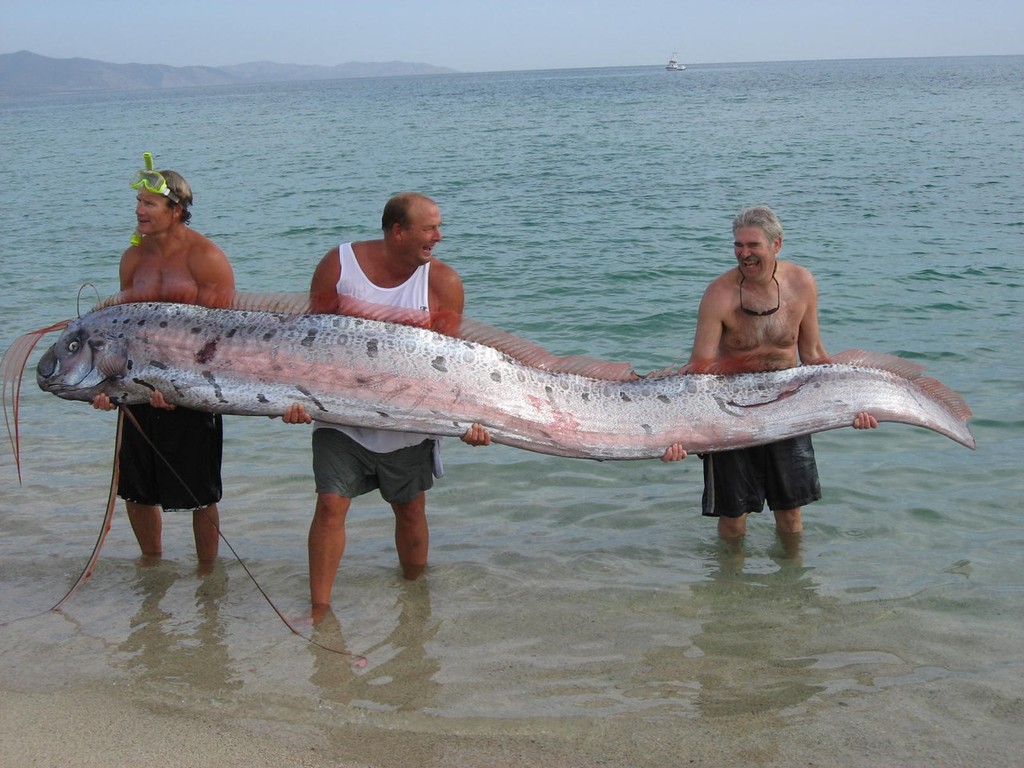It’s O-Fish-al. Eating seafood can lower risk of stroke
by Jeni Bone on 26 Sep 2011

Just two to three serves per week can make the difference to heart and brain health SW
People who eat fish a few times each week are slightly less likely to suffer a stroke than those who only eat a little or none at all, according to the latest international study.
According to researchers, Susanna Larsson and Nicola Orsini of Sweden's Karolinska Institute in a report published in the journal Stroke, the omega-3 fatty acids in fish may lower stroke risk through their positive effects on blood pressure and cholesterol.
Their analysis was based on 15 studies conducted in the US, Europe, Japan and China, which tracked people who ate various amounts of fish, then followed them for between four and 30 years and measured incidents of stroke.
Data for the analysis came from close to 400,000 people aged 30 to 103.
'Overall, fish does provide a beneficial package of nutrients, in particular the omega-3s, that could explain this lower risk,' said Dariush Mozaffarian, a Harvard School of Public Health epidemiologist whose contributed research to the analysis.
'About two to three servings per week is enough to get the benefit.'
Vitamin D, selenium, and certain types of proteins in fish may also have stroke-related benefits, he added.
Fatty fish such as salmon and herring are especially high in omega-3s. The American Heart Association recommends at least two servings of fatty fish in particular each week.
Eating three extra servings of fish each week was linked to a six-per cent drop in stroke risk. The people in each study who ate the most fish were 12 per cent less likely to have a stroke than those that ate the least.
In Australia, The Heart Foundation's extensive scientific review found compelling evidence that consuming fish, fish oils and omega-3 polyunsaturated fats has many benefits to cardiovascular health and can decrease the risk of heart disease.
To reduce the risk of heart disease, the Heart Foundation recommends that Australian adults consume about 500 milligrams of omega-3 (marine source) every day. You can achieve this by eating a combination of two to three 150 gram serves of oily fish every week and by supplementing your intake with fish oil supplements (capsules or oil) and omega-3 enriched food and drinks. More at www.heartfoundation.org.au/Professional_Information/Lifestyle_Risks/Nutrition
The international report found that people who ate fried fish and fish sandwiches, not surprisingly, didn't get any stroke benefit.
More at http://stroke.ahajournals.org/
If you want to link to this article then please use this URL: www.sail-world.com/88917